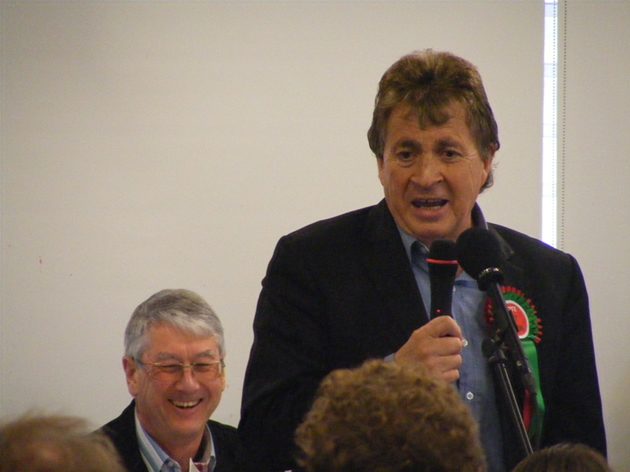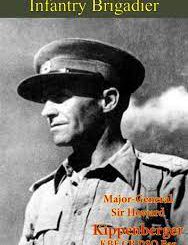ANZAC DAY 2019 – Speech at the Dawn Service, Waiheke Island

Not Waiheke. The Domain in 2011. Mike Lee delivers Anzac Day speech on behalf of the Auckland Council at the Civic Comemorative Service
On this day the people of New Zealand and Australia gather as they have since the first Anzac Day, to commemorate the fallen and to honour those men and women who have served in all our wars.
Over the last four years, during the period of the commemoration of the centenary of the Great War of 1914-1918, when addressing this dawn ceremony, I have recalled the deeds of the NZ expeditionary force, later the NZ Division, 100 years previously – progressing from the landings at Gallipoli to the climatic battles of the Western Front of Belgium and France Such was the quality and reputation of those New Zealand soldiers, it should be recalled that in the last months of the Great War from August 1918, the New Zealand Division was deployed to spearhead British Army attacks in the great offensive which brought victory and the War’s end on 11 November 1918. As NZ war historian Glyn Harper wrote: “This was a crucial role and it is almost unique in New Zealand’s history. The country’s major military formation was part of the Allies’ main effort in the decisive theatre of war.”
Harper wrote, “Most New Zealand soldiers would deny they were heroes, but the ability to function effectively on the Western Front demanded a special type of courage. Most men who fought there were determined to perform well, never to let their mates down and to preserve a sense of self worth by seeing a difficult job through to the end. These values meant that on many occasions individuals performed outstanding feats of courage…”
I might add selfless feats of courage for the common good that we present day New Zealanders can only marvel at.
Harper points out that in terms of casualties “This was one of the most costly periods for the New Zealand Division. Being at the forefront of world affairs came at a heavy price.”
But by this time 100 years ago, April 1919, the guns had fallen silent. The troops, the main body, were at last on their way home. That homecoming was a time of public celebration but celebration shadowed with deep sorrow of a sad and wounded nation, mourning for those nearly 17,00 young men who did not return – who would never return. Then there were the more than 41,000 wounded and maimed. For those loved ones waiting in town or farmhouse across New Zealand, life would never, ever be the same. The memory of all this has been handed down to us; bequeathed to us as our national legacy.
It is a shared will, to keep that memory alive, to pay homage to those who created it, and to attest that their sacrifice was somehow not in vain – which is the reason I believe, why we continue to gather at this place, and all over NZ, on these dark autumn mornings, year after year.
While most of us had relatives, who served, or who were killed or wounded in that terrible war – and in the following war and conflicts – our gathering here is more than personal. It is an acknowledgement of our own modest duty to our country – and its heritage – and all the good things that New Zealand has given us and stands for.
As for us, the New Zealanders of today, we are fortunate to live in a time of peace. But the peace of the 21st century is a strange and fraught peace. While the major powers continue to spend massive amounts of resources on armaments and weaponry, and the threat of a Third World War never recedes, at the same time we see the fabric of civil society, all around the world, increasingly riven by social tensions and discord. Division within, that turns ordinary people, and peoples, one against the other, by identity, by race, by religion and by creed.
The terrible atrocity inflicted on innocent civilians at Christchurch on 15 March was part of this, it was never going to be the last, as the bloody outrage on Easter Sunday in Sri Lanka confirms. We should never allow this evil to divide our society and to distract our people – from the common aspirations of all people of good will, for world peace and tolerance, and common concern at the injustices of growing wealth disparity, environmental destruction and the rise of the individualistic culture of unbridled greed. Such a world, blighted thus, is not the world our ancestors laid down their lives for.
That is why, even now, more than100 years after the end of the Great War, ANZAC DAY remains, a living and ever more vital keystone of the national unity of New Zealand; an expression of community solidarity – and of shared memory of those long departed, selfless ones we still honour.
ANZAC DAY today is as important, as relevant and as meaningful to us as it ever was.



